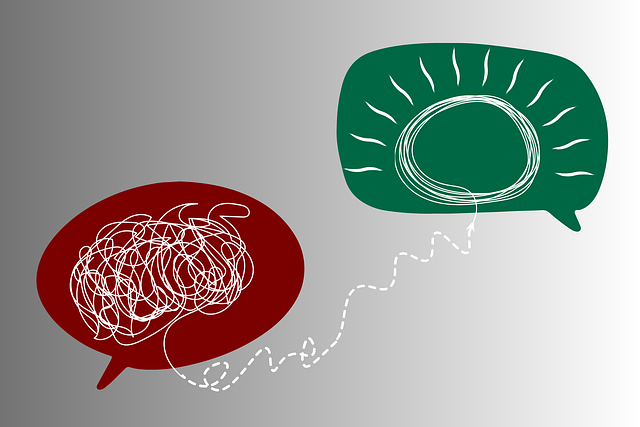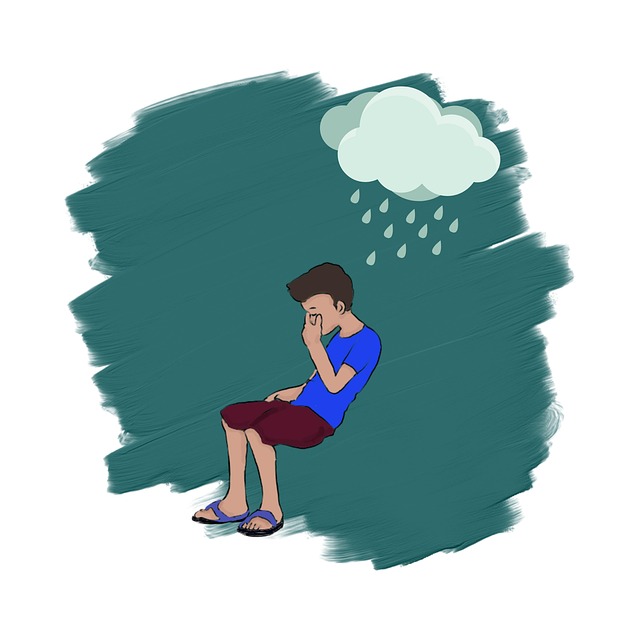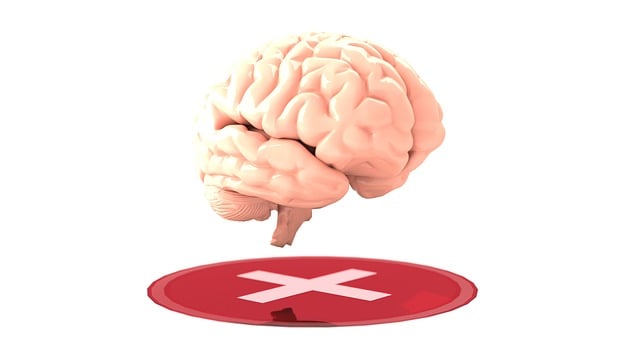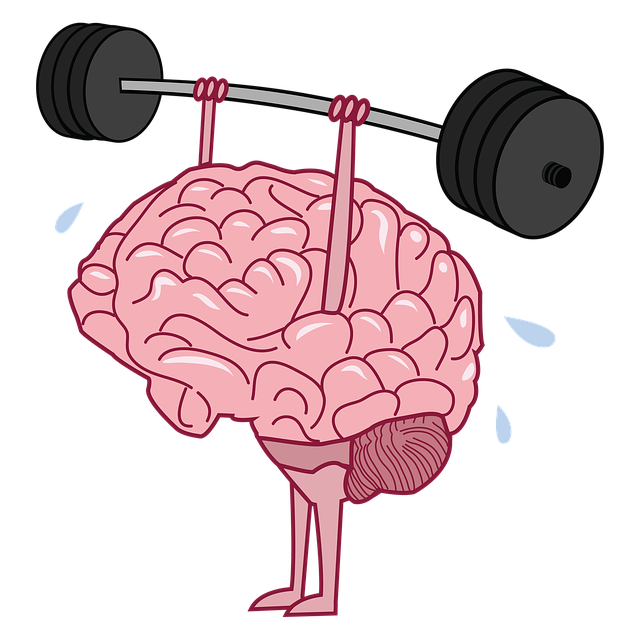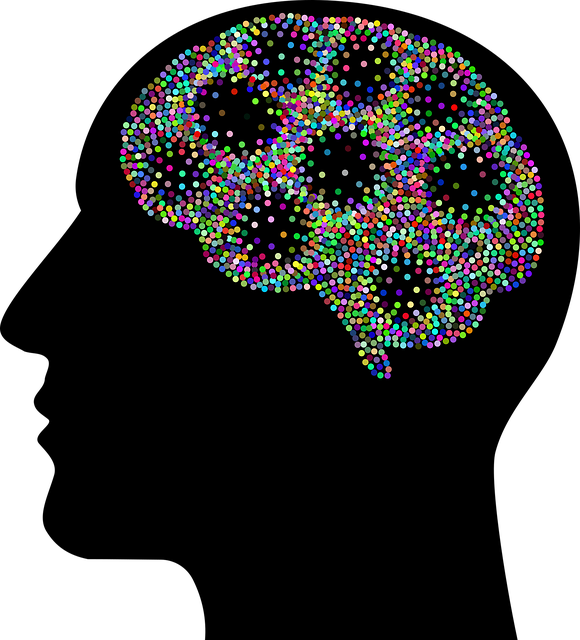Lone Tree Dissociative Disorder (LTDD) therapy combines cognitive behavioral therapy, trauma-focused strategies, and empathy building to empower individuals in managing episodes of dissociation, improving emotional well-being, and enhancing overall mental wellness. Coaching, through personalized one-on-one sessions, aids clients in setting goals, fostering self-awareness, boosting self-esteem, and driving positive change. Tailored therapy programs for LTDD involve evidence-based techniques like EMDR and CBT to address trauma integration and identity reconstruction, while stigma reduction and robust risk management plans ensure a supportive environment. Integrating CBT into coaching sessions enhances healing and well-being, with regular evaluation ensuring personalized interventions and client accountability.
Mental wellness coaching programs are gaining prominence as effective tools for supporting individuals coping with complex conditions like Lone Tree Dissociative Disorder (LTDD). This article delves into the multifaceted development of such programs, exploring key components essential to their success. From understanding LTDD’s intricacies to designing evidence-based therapy, incorporating practical techniques, and measuring progress through evaluation, each section guides professionals in crafting transformative coaching experiences tailored for those navigating this challenging disorder.
- Understanding Lone Tree Dissociative Disorder: A Comprehensive Overview
- The Role of Coaching in Mental Wellness Support
- Designing Effective Therapy Programs for Dissociative Disorders
- Incorporating Evidence-Based Practices into Coaching Sessions
- Measuring Success and Promoting Recovery through Regular Evaluation
Understanding Lone Tree Dissociative Disorder: A Comprehensive Overview

Lone Tree Dissociative Disorder (LTDD) is a complex mental health condition that involves episodes of dissociation, where an individual experiences a detachment from their thoughts, feelings, memories, or sense of identity. This disorder often goes unnoticed due to its subtle nature and can significantly impact an individual’s emotional well-being. LTDD therapy aims to help individuals regain control over their experiences, manage symptoms, and improve overall mental wellness.
Through various therapy techniques, such as cognitive behavioral therapy and trauma-focused approaches, professionals assist clients in exploring and processing dissociative episodes. One key aspect of treating LTDD is empathy building strategies, where therapists foster an understanding environment, encouraging individuals to express their experiences without judgment. Emotional well-being promotion techniques play a crucial role in helping those affected by LTDD regain a sense of stability and integrate different aspects of their identity, leading to improved functioning and quality of life.
The Role of Coaching in Mental Wellness Support

Coaching has emerged as a powerful tool in the realm of mental wellness support, offering individuals a unique and personalized approach to their journey towards healing and growth. In the context of Lone Tree Dissociative Disorder Therapy, for instance, coaching can play a pivotal role in empowering individuals to navigate their symptoms and improve their overall well-being. Through one-on-one sessions, coaches work collaboratively with clients to identify areas of challenge and set achievable goals, fostering self-awareness and promoting positive change.
Effective mental wellness coaching involves the development of tailored communication strategies that create a safe and non-judgmental space for clients to explore their emotions, thoughts, and experiences. By facilitating open dialogue and enhancing self-reflection, coaches support individuals in understanding and managing their symptoms more effectively. Moreover, coaching sessions often focus on encouraging self-esteem improvement and emotional healing processes, enabling clients to develop resilience and build a stronger sense of self.
Designing Effective Therapy Programs for Dissociative Disorders

Designing effective therapy programs for dissociative disorders requires a nuanced approach that understands the unique complexities of this mental illness. Lone Tree Dissociative Disorder Therapy, for instance, should aim to create a safe and supportive environment where individuals feel empowered to explore their fragmented experiences. Therapists play a pivotal role in guiding patients through processes like trauma integration and identity reconstruction, employing evidence-based techniques such as Eye Movement Desensitization and Reprocessing (EMDR) or Cognitive Behavioral Therapy (CBT).
Beyond specific therapeutic interventions, mental wellness coaching programs should incorporate strategies to address the pervasive Mental Illness Stigma Reduction Efforts. Effective risk management planning for mental health professionals is also essential to ensure the well-being of practitioners while they support their clients. Additionally, Burnout Prevention Strategies for Healthcare Providers are crucial to sustain a healthy and effective therapy environment, preventing both professional and patient outcomes from suffering due to fatigue or emotional exhaustion.
Incorporating Evidence-Based Practices into Coaching Sessions

Incorporating evidence-based practices into coaching sessions is a pivotal step in enhancing the effectiveness of mental wellness programs. Techniques such as cognitive-behavioral therapy (CBT) have been proven to significantly support individuals managing various mental health conditions, including Lone Tree Dissociative Disorder. By integrating these evidence-backed strategies, coaches can facilitate meaningful progress and empower clients with coping mechanisms that promote healing and well-being.
Mental illness stigma reduction efforts play a crucial role in creating an inclusive environment where coaching becomes accessible to all. Mental health education programs designed with a focus on raising awareness and dispelling myths can precede coaching sessions, laying the foundation for productive conversations. Additionally, incorporating mental wellness journaling exercises into the coaching framework offers clients a private space to reflect, process emotions, and track their progress, ultimately fostering self-awareness and resilience.
Measuring Success and Promoting Recovery through Regular Evaluation

Regular evaluation is a cornerstone of successful mental wellness coaching programs, especially when addressing complex conditions like Lone Tree Dissociative Disorder Therapy (LTDDT). By integrating frequent check-ins and progress assessments, coaches can tailor interventions to meet each client’s unique needs, ensuring that treatment plans remain effective and relevant. This continuous monitoring allows for the early detection of setbacks or emerging challenges, enabling prompt adjustments to strategies and supporting a smoother path to recovery.
Furthermore, regular evaluation fosters a culture of accountability and empowerment within the coaching process. Clients who actively participate in these assessments gain valuable insights into their progress, strengthening their self-care routine development for better mental health. This practice also contributes to broader efforts in mental illness stigma reduction by promoting transparency, validating experiences, and demonstrating the tangible benefits of support systems like Stress Management Workshops Organization.
Mental wellness coaching programs, incorporating evidence-based practices tailored for Lone Tree Dissociative Disorder therapy, offer a promising approach to support individuals navigating this complex condition. By combining insights from coaching with rigorous evaluation methods, we can enhance recovery outcomes and promote holistic well-being. These programs have the potential to revolutionize mental health care, providing personalized guidance and empowering individuals to reclaim their lives.
